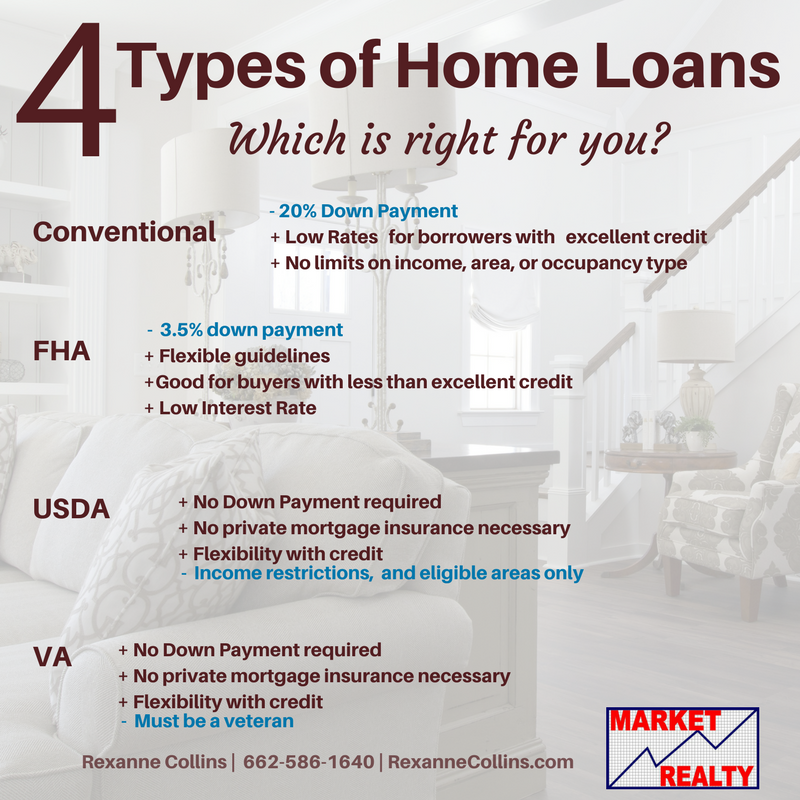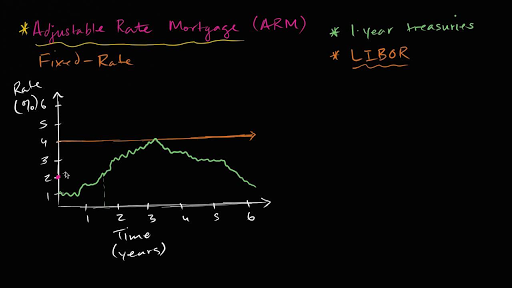Nevertheless, your heirs do have a couple of options. They can settle the financial obligation you owe by purchasing the house for the amount owed or for 95% of the assessed worth whichever is less. This can be done by paying on their own or re-financing the loan into a regular mortgage. how does underwriting work for mortgages.
If the home sells for more than it's worth, they can keep the staying money. If it costs less than what's owed, they won't need to pay the difference. Lastly, they can permit the house to go into foreclosure. The choice your successors make will generally depend upon how much equity is in the home.
A reverse home loan is a home mortgage that you do not need to repay for as long as you live in your home. It can be paid to you in one swelling sum, as a routine month-to-month earnings, or at the times and in the quantities you desire. The loan and interest are repaid just when you sell your house, permanently move away, or die.
They are paid back completely when the last living borrower passes away, sells the home, or completely moves away. Because you make no monthly payments, the amount you owe grows bigger in time. By law, you can never ever owe more than your house's value at the time the loan is paid back.
If you fail to pay these, the loan provider can use the loan to make payments or require you to pay the loan in complete. All homeowners must be at least 62 years of ages. A minimum of one owner should live in the home the majority of the year. Single family, one-unit house.
Some condominiums, prepared system developments or manufactured homes. KEEP IN MIND: Cooperatives and the majority of mobile homes are not qualified. Reverse mortgages can be paid to you: All at once in money As a monthly earnings As a credit line that lets you choose just how much you want and when In any combination of the above The amount you get generally depends on your age, your house's worth and place, and the expense of the http://sergiocjwo036.wpsuo.com/the-best-strategy-to-use-for-how-do-mortgages-work-in-monopoly loan.
Many people get the most cash from the Home Equity Conversion Home Mortgage (HECM), a federally insured program. Loans used by some states and local governments are often for particular functions, such as spending for home repairs or residential or commercial property taxes. These are the most affordable expense reverse home mortgages. Loans offered by some banks and mortgage companies can be utilized for any function.
How Do Muslim Mortgages Work - The Facts
HECM loans are practically constantly the least costly reverse mortgage you can get from a bank or home loan company, and in a lot of cases are significantly less expensive than other reverse mortgages. Reverse mortgages are most pricey in the early years of the loan and normally end up being less costly in time.

The federal government needs you to see a federally-approved reverse home mortgage counselor as part of getting a HECM reverse home loan. To learn more about Reverse Mortgages, see AARP: Understanding Reverse Home Loans. how do home mortgages work.
Advertiser Disclosure Many or all of the items featured here are from our partners who compensate us. This might affect which products we discuss and where and how the item appears on a page. However, this does not influence our examinations. Our viewpoints are our own. After retirement, without regular earnings, you might in some cases battle with financial resources.
A reverse mortgage is a home mortgage that allows house owners 62 and older to withdraw some of their house equity and transform it into cash. You don't have to pay taxes on the earnings or make regular monthly mortgage payments. You can utilize reverse home mortgage proceeds nevertheless you like (reverse mortgages how do they work). They're typically earmarked for expenditures such as: Financial obligation debt consolidation Living expenses House enhancements Helping children with college Buying another house that might better satisfy your requirements as you age A reverse home mortgage is the reverse of a standard house loan; instead of paying a lender a regular monthly payment every month, the lender pays you.
The amount you receive in a reverse home loan is based upon a sliding scale of life span. The older you are, the more home equity you can take out. The Federal Real estate Administration insures two reverse mortgage types: adjustable-rate and a fixed-rate. Fixed-rate reverse home mortgages consist of a one-time lump amount payment.
Adjustables have 5 payment options: Set monthly payments so long as you or your qualified spouse remain in the home Set month-to-month payments for a set period Undefined payments when you require them, till you've tired your funds A line of credit and set regular monthly payments for as long as you or your qualified partner reside in the home A line of credit and set monthly payments for a fixed period of your picking To make an application for a reverse mortgage, you should fulfill the following FHA requirements: You're 62 or older You and/or a qualified spouse who should be named as such on the loan even if she or he is not a co-borrower reside in the home as your primary house You have no overdue federal debts You own your house outright or have a considerable quantity of equity in it You participate in the obligatory therapy session with a home equity conversion home loans (HECM) counselor authorized by the Department of Real Estate and Urban Advancement Your home fulfills all FHA property requirements and flood requirements You continue paying all residential or commercial property taxes, house owners insurance coverage and other home maintenance fees as long as you live in the house Prior to providing a reverse mortgage, a lender will check your credit rating, confirm your regular monthly income versus your month-to-month financial responsibilities and buy an appraisal on your house.
Almost all reverse home mortgages are released as house equity conversion home mortgages (HECMs), which are guaranteed by the Federal Real Estate Administration. HECMs include strict loaning guidelines and a loan limitation. If you think a reverse home mortgage might be best for you, find an HECM therapist or call 800-569-4287 toll-free to discover more about this funding choice.
The Main Principles Of What Can Itin Numbers Work For Home Mortgages
A reverse home mortgage is a home mortgage made by a home mortgage loan provider to a house owner utilizing the home as security or collateral. Which is substantially various than with a conventional home mortgage, where the house owner utilizes their earnings to pay for the debt over time. Nevertheless, with a reverse home mortgage, the loan amount (loan balance) grows in time due to the fact that the house owner is not making regular monthly home mortgage payments.
The quantity of equity you can access with a reverse home mortgage is determined by the age of the youngest borrower, current rate of interest, and worth of the house in concern. Please note that you may need to reserve extra funds from the loan proceeds to pay for taxes and insurance.
They want to remodel their kitchen. They have actually heard about reverse home loan but didn't understand the details. They decide to call a reverse mortgage advisor to discuss their existing needs and future objectives if they could access to a part of the funds saved in their house's equity.
